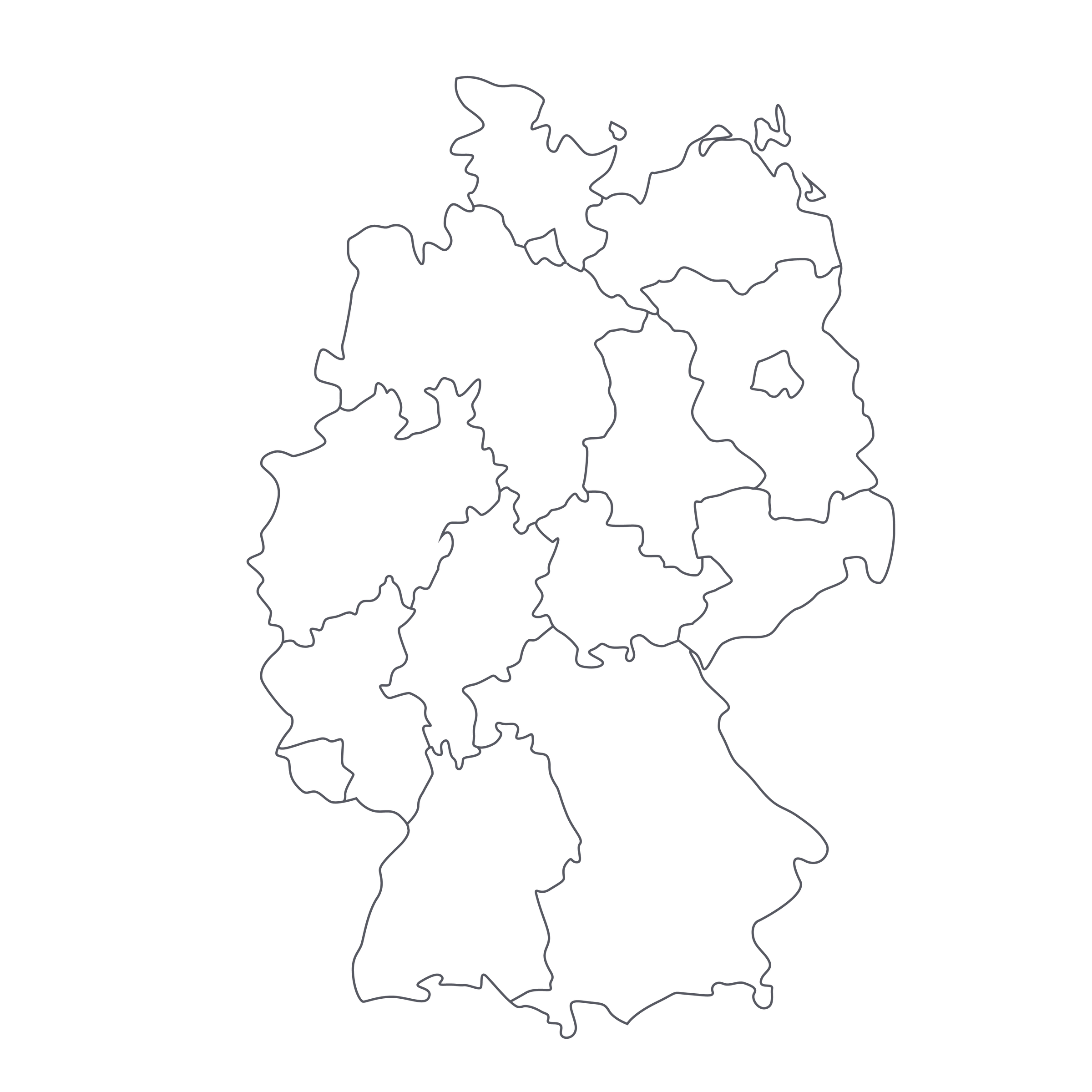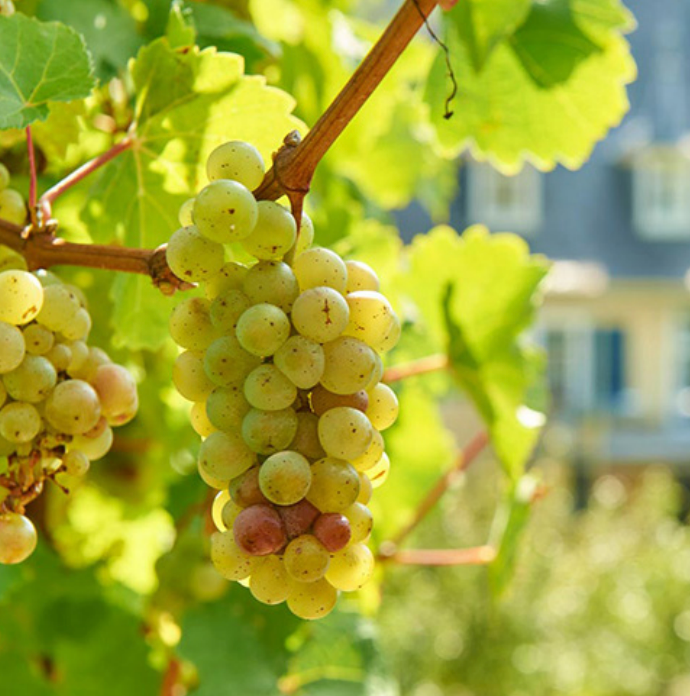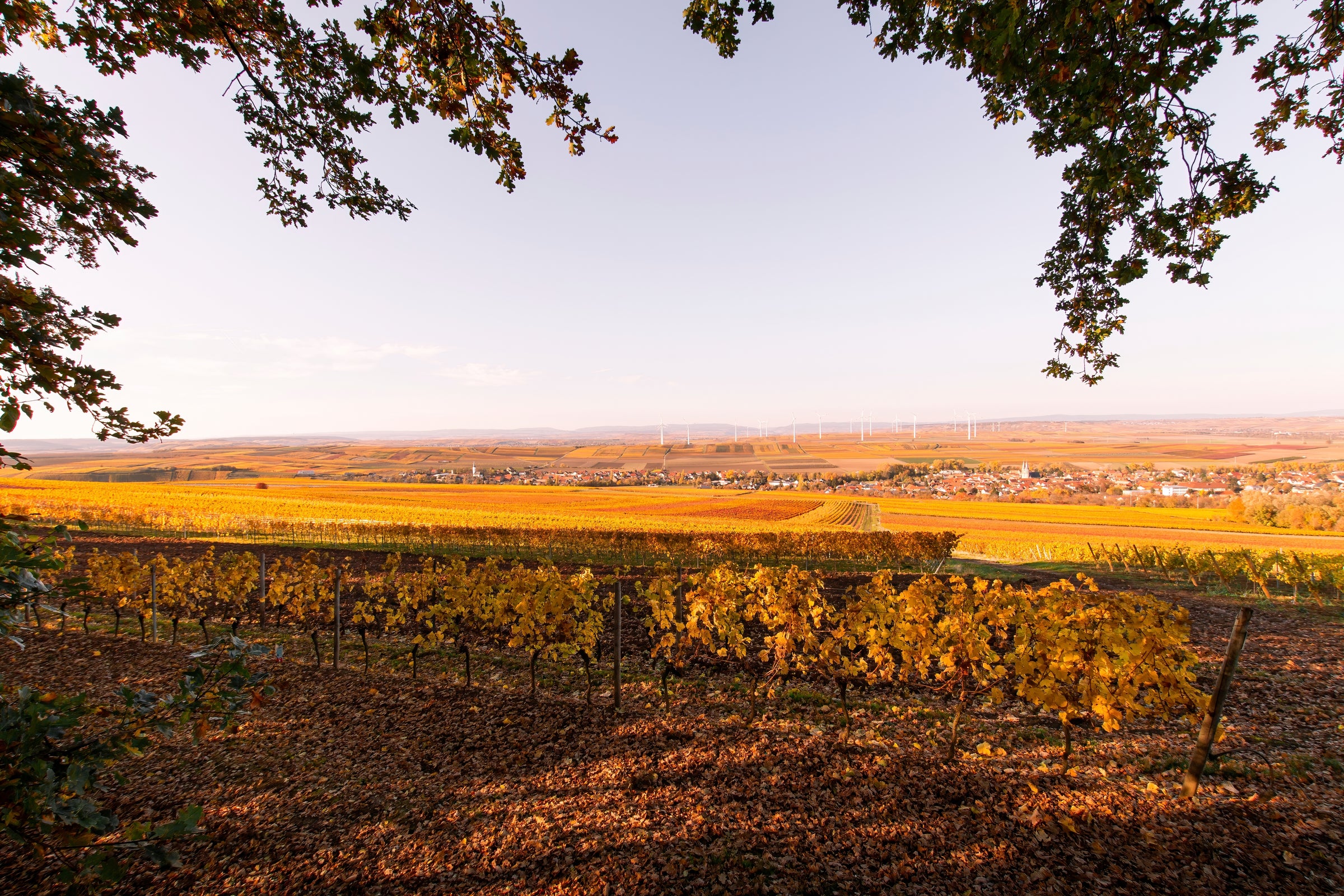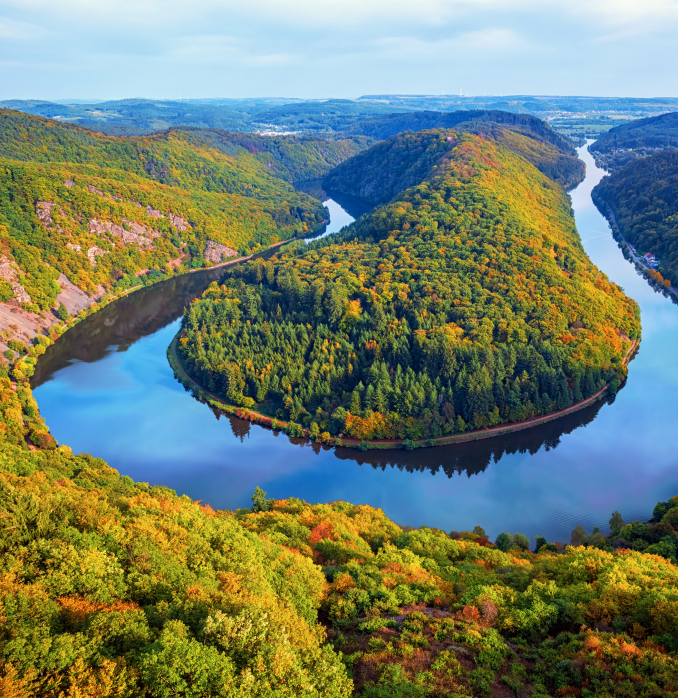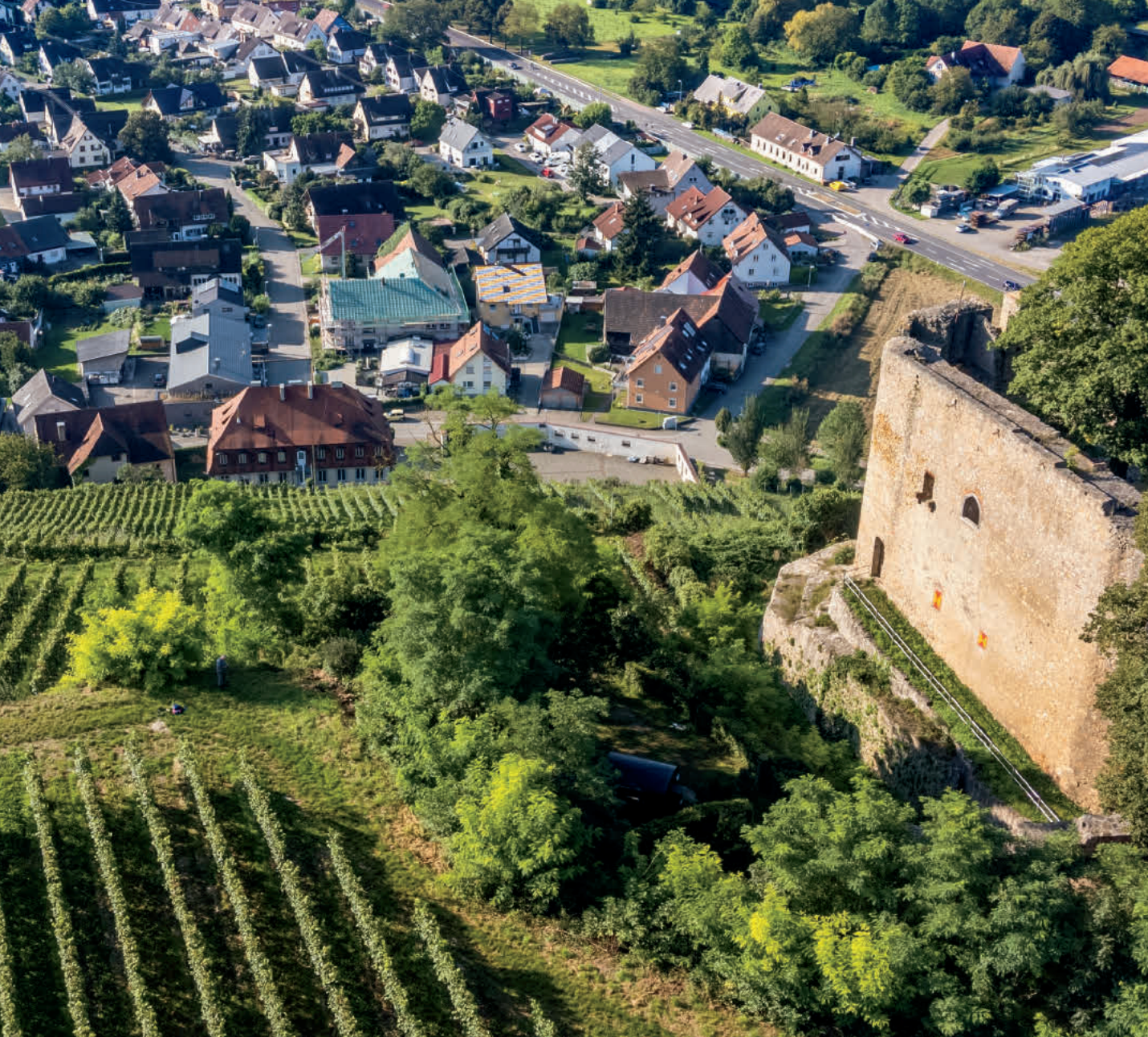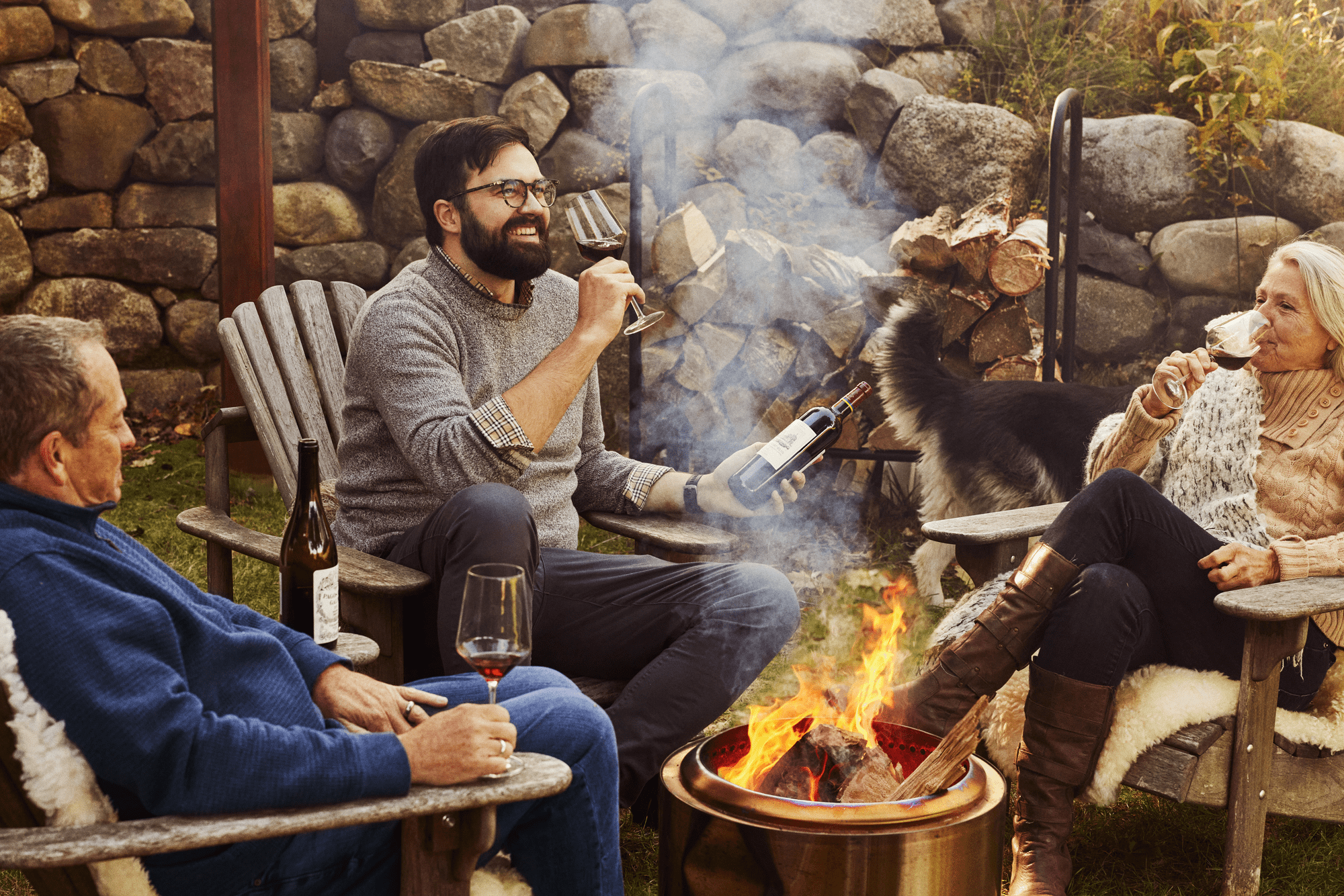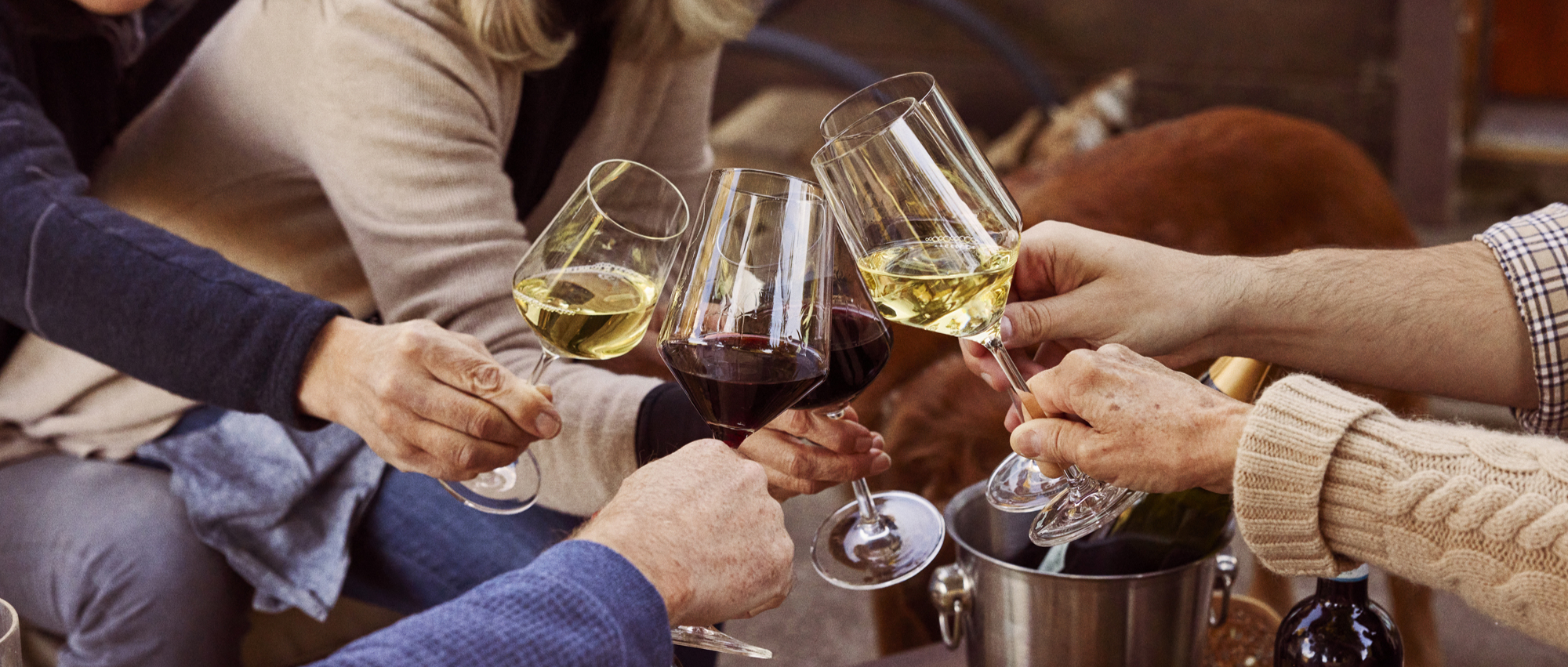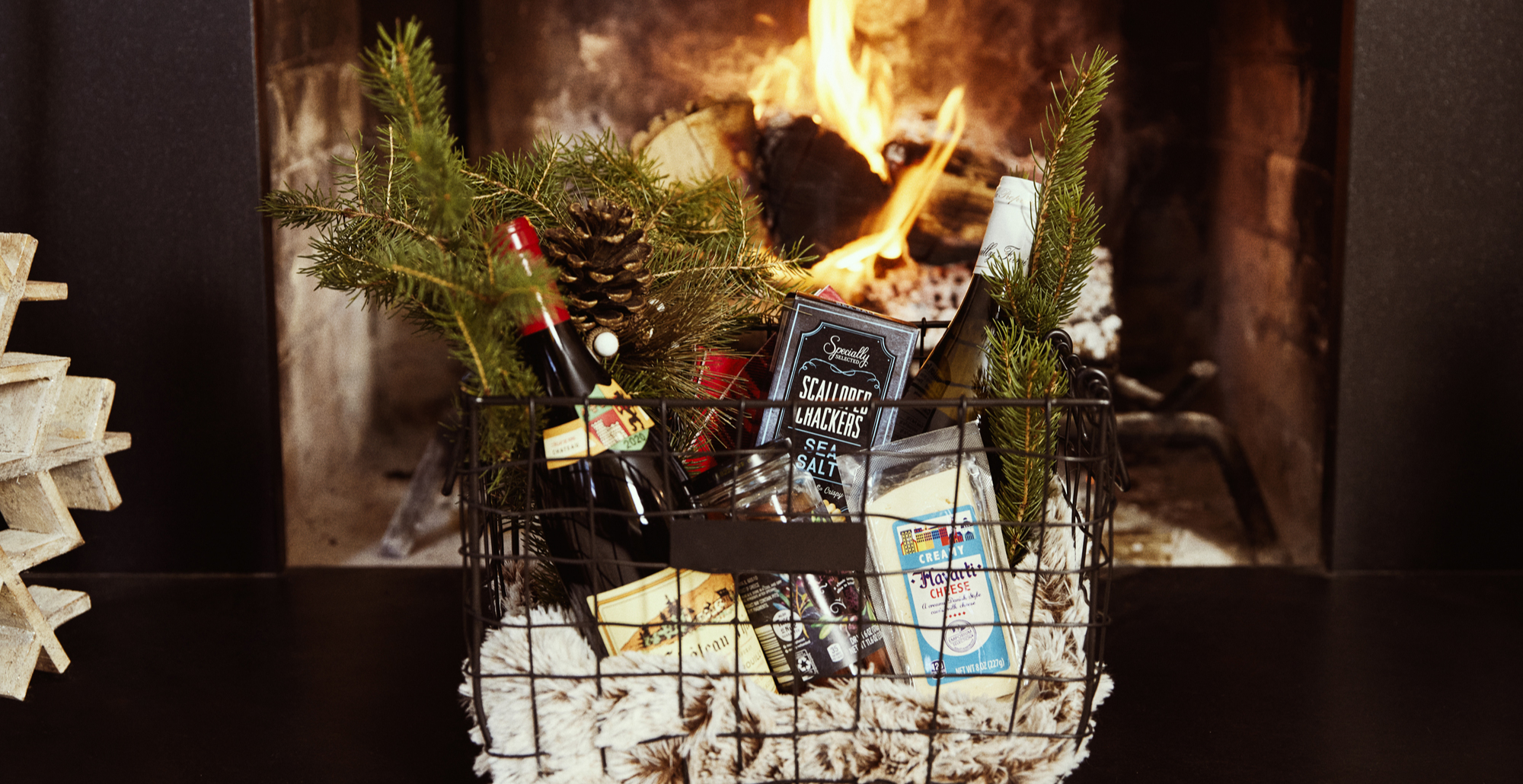The following words from New York Times wine critic Eric Asimov really spoke to me. “Wine writers can be tireless, or perhaps tiresome, in recommending the virtues of perennially unloved wines,” Asimov wrote. “Loire reds are one example of a category that receives little affection no matter how often writers tout their value, versatility, and deliciousness. German Rieslings are another.” Tell me about it, brother! Even when presenting a Riesling as impeccable as today’s Erste Lage (Premier Cru) from Von Winning, there’s always a part of me that fears many eyes will skip over it.
It often seems like it’s not enough to simply lay out the case for the wine—in this case, an incredibly priced single-vineyard bottling from a prized south-facing site, farmed and vinified according to the most exacting standards. No. I’m compelled to go further and rank all Von Winning dry Rieslings at the very top of the heap. And with Winning’s 2018 “Deidesheimer Leinhöhle,” I must go further still because this wine’s profundity and structure take it into Premier Cru Burgundy territory, complete with a smoky touch of reduction and leesy richness. Everything one could possibly ask for in a powerful, age-worthy white wine is here, for just $40. It’s too good to ignore.
And it always helps, I think, to break down the verbiage of the label when the topic is German Riesling. “Leinhöhle” is the name of a steep, south-facing parcel above the village of Deidesheim (“Deidesheimer”). The site, which features soils of variegated sandstone, is designated Erste Lage (Germany’s way of saying “Premier Cru”) by the Verband Deutscher Prädikatsweingüter, or VDP, an association of 200+ producers which sets quality standards for its members. This is easily identifiable by the eagle trademark on the capsule.
Although its history dates to the mid-1800s, Von Winning’s modern era was ushered in when entrepreneur Achim Niederberger purchased the vineyards and winery and re-launched the Von Winning label in 2007. The estate was originally founded by Friedrich Diehard, whose descendants are still in the wine business today in the town of Koblenz. The name Von Winning didn’t come along until later when Dienhard’s granddaughter, Emma, inherited the property and her husband, Leopold Von Winning, took the reins. The estate then passed through a series of hands and the Von Winning name disappeared until Niederberger came along and revived it. Sadly, Niederberger passed away at a young age in 2013, leaving his wife, Jana, with a multi-faceted wine operation that also includes the estates of Bassermann-Jordan and Von Buhl. She is ably assisted at Von Winning by a team led by General Manager Stephan Attman.
Attman and team have introduced organic farming practices to the property’s enviable collection of vineyards around the villages of Deidesheim and Forst in the Pfalz, a region that runs towards Germany’s border with Alsace. The Vosges mountain range that shelters Alsace from storms from the West becomes the Haardt mountain range across the border in the Pfalz, so, like Alsace, the Pfalz is a drier, warmer region than some of the other classic regions along the Rhine. Much of Germany’s best Pinot Noir is grown here, complementing Rieslings that are exceptionally deep and expressive.
Today’s 2018 was fermented in 1,200-liter neutral oak barrels and aged on its lees for an extended period before bottling, lending the wine its Burgundian richness on the palate. Nevertheless, this is still the Riesling grape we’re talking about, so there’s unmatched acidity and minerality surging through every invigorating sip. Intense aromas of white peach, green and yellow mango, honeysuckle, wisteria, and citrus are underpinned by wet rocks and a hint of smoke. It wouldn’t hurt (though it isn’t necessary) to decant this one about 15 minutes before serving in large all-purpose stems at 45-50 degrees, as it is an expansive wine on the palate that gets better with time open. For a pairing, I went back to a writeup we did on a previous Von Winning wine and snatched a recipe for grilled king crab legs. It might not be priced like it, but this is luxury-tier white wine and should be accompanied accordingly. Cheers!
